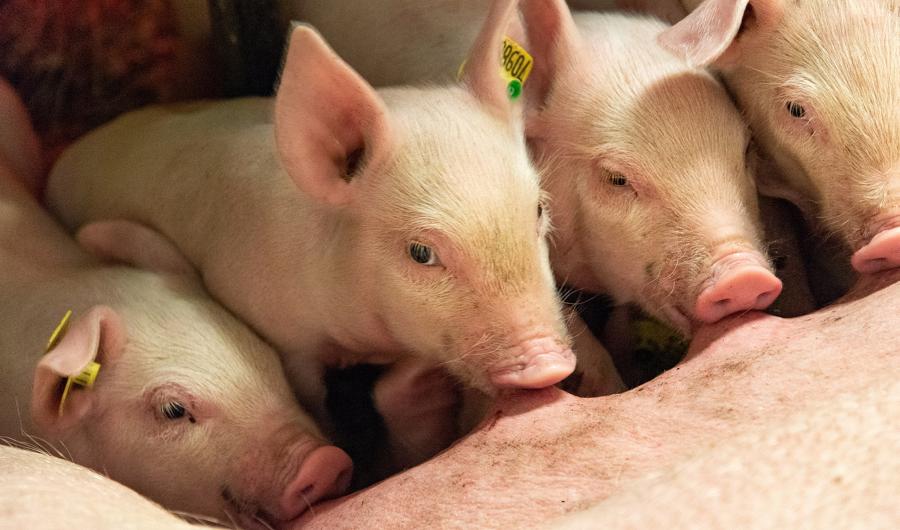
One year programme
Animal Welfare, 60 credits
Steinkjer
Build practical and theoretical knowledge on animal welfare, and explore topics of animal health, production, and climate impact.
Programme description
Animal welfare is a topic of increased attention in today`s society. This one-year programme in Animal Welfare combines courses that provide a basic introduction to livestock keeping and courses focusing on animal welfare in a wider context. This one-year programme may constitute the 1st study year of the bachelor`s programme in Livestock Science at Nord University.
Career opportunities
If you continue on the Livestock Science bachelor`s programme you will qualify for various posts on consultant and middle management levels where theoretical competence and practical insight into livestock keeping is required.
Higher education entrance qualification.
Norwegian language proficiency. This programme is only taught in Norwegian. If you do not meet the Norwegian language proficiency requirements, you do not qualify for admission.
The study programme does not have an option to study abroad.
The one-year programme in animal welfare is equivalent of the first year of study on the bachelor's programme in Livestock Science. Students may apply for transfer to the bachelor's programme upon finishing at least 50 of the 60 study credits in the programme.
Upon successful completion of this programme, the student:
Knowledge
- has knowledge of livestock animals' environment, anatomy and physiology, nutrition, welfare and production
- has knowledge of public laws and regulations that are of importance for livestock keeping
- has knowledge of important research and development work in livestock environment and production
Skills
- can apply professional knowledge and results from research and development work onto professional livestock-related issues
- can reflect upon how livestock keeping should be conducted in order to achieve good animal welfare
- can locate, assess and apply professional academic knowledge to inform agricultural issues
- can apply different tools and techniques to survey the stabling conditions for livestock
General competences
- has knowledge and understanding of professional and ethical issues related to livestock welfare and production
- can plan and conduct assignments, alone or as member of a group, in keeping with ethical norms and standards
- can present relevant information in professional contexts
- can exchange views and experiences in a professional community and through that contribute to the developing of profitable livestock keeping based on good animal welfare
In addition to the semester fee and syllabus literature, it is assumed that students have a laptop with microphone and camera. Students must purchase their own laboratory coat for use in courses with laboratory exercises. Students should further expect costs to incur in relation to transportation, accommodation and catering related to non-mandatory excursions and field courses.



